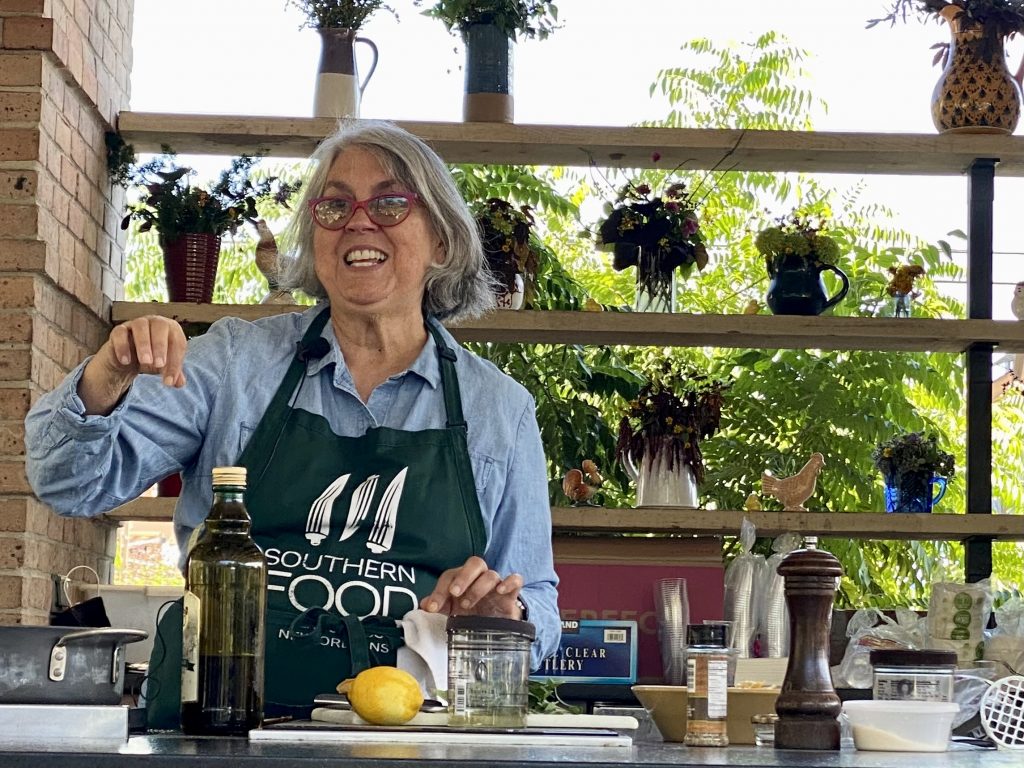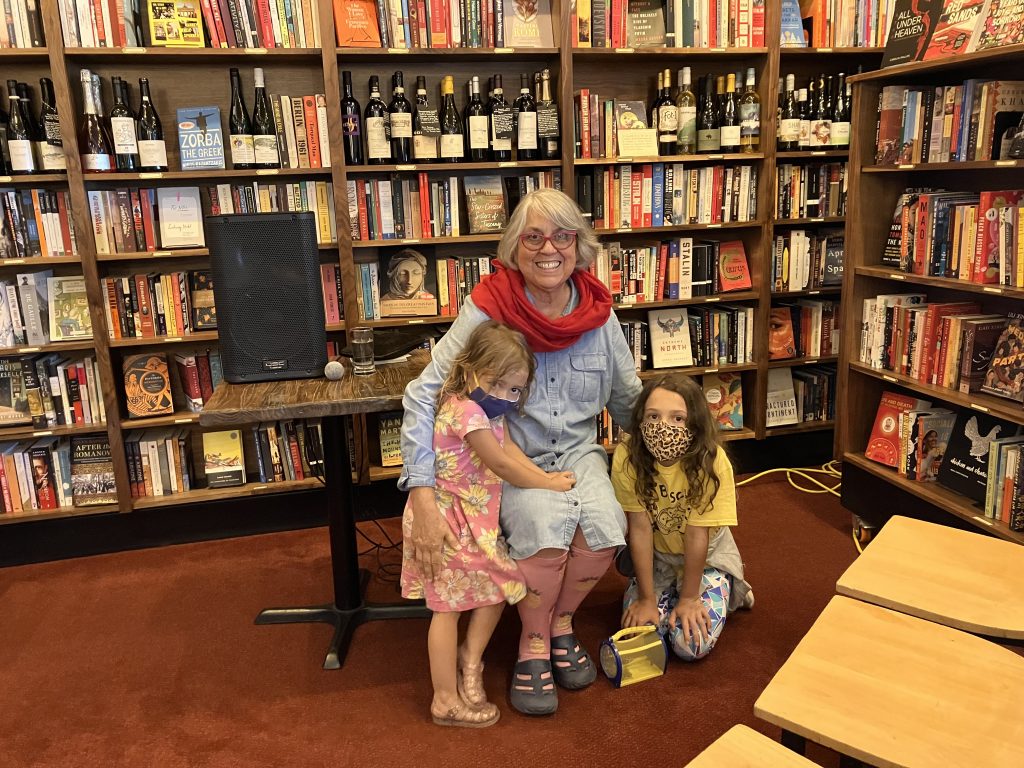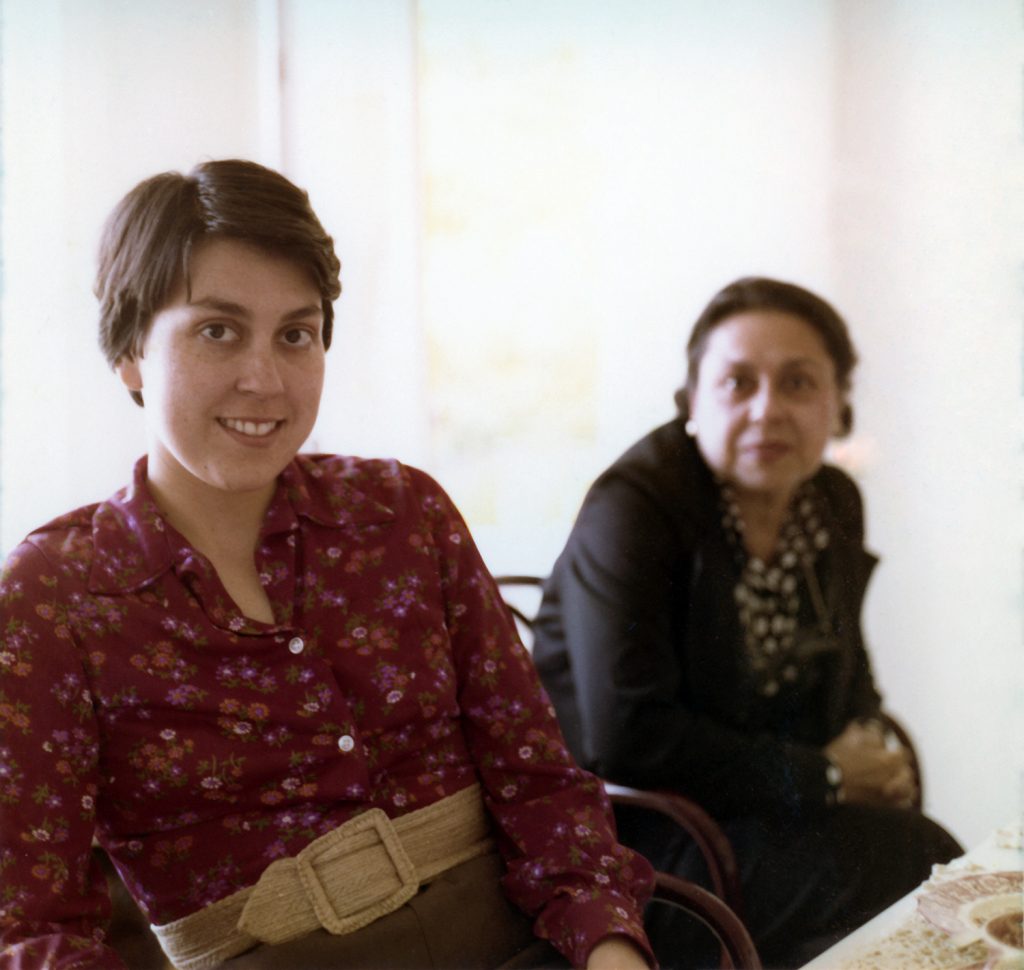You are the founder of the National Food & Beverage Foundation – could you tell us about why you founded NFBF, what the process of building it was like, and the Foundation’s aims and activities?
This is a convoluted story. The first iteration of the corporation was the Southern Food & Beverage Museum Foundation. It was established to be the operating corporation (a nonprofit 501(c)(3) organization) of the Southern Food & Beverage Museum. The museum is also known as SoFAB. As we began to think about expanding beyond just the regional museum, we changed the name of the organization to the SoFAB Institute. We thought we were presenting an idea similar to Federal Express becoming FedEx. But people kept asking, “what does SoFAB stand for?” We were building a growing library to be a second division of this organization. The library was not regional, but international, so we saw that we needed to have a name that was not self-limiting. Finally, we changed the name to National Food & Beverage Foundation. The 2 major divisions of NatFAB are the Southern Food & Beverage Museum and the Research Center, with 2 smaller divisions being the Nitty Grits Podcast Network and the National Culinary Heritage Register.

Additionally, can you also tell us about the Southern Food & Beverage Museum and your role within it?
I am the founder of the Southern Food & Beverage Museum. I founded it because I thought that we needed a food museum that was not a marketing tool for a corporation. We needed one to tell the story of food in history and food and culture. In 2018 I asked the board to hire a new President & CEO and allow me to become the Founder. I was able to stop being responsible for the day-to-day operation and work on developing and expanding the reach of NatFAB so that now all of its divisions would have the chance to develop.
When did you start your podcast “Tip of the Tongue”, and do you have advice for those who may want to start their own podcasts?
I started TIp of the Tongue at the beginning of 2020 and I have produced a podcast almost every week since then. I just blindly started it, teaching myself how to edit as I went along. If you listen to the podcast from the very beginning, you can hear it get better as a production. I just talk with someone interesting, who is involved with food. I am so lucky, I get to ask all of the questions and have real conversations with people doing fascinating things. I love doing it. It has allowed me to meet some very interesting people.
You’ve served as a culinary diplomacy consultant in the US, Russia, Colombia, and France. What is a culinary diplomacy consultant and what were the activities you participated in?
The State Department has a program that sends cultural ambassadors to various parts of the world, especially when language is not necessary to appreciate the art that is being done—so dancers, musicians, photographers, visual artists, and of course chefs. I am not a chef, but I often went along to explain the history of the food. In Colombia, I helped assemble a group of African American chefs to cook the food of New Orleans for the people of Colombia where enslaved Africans were brought after being bought in New Orleans. The food of New Orleans and Colombia has many connections. I was the one who went on television and talked to the press, while the chefs were the stars—cooking up history. In France, I talked about the connection between the food of France and Louisiana. I made gumbo at a culinary school while a music festival featured New Orleans jazz bands. In Russia, I helped make jambalaya and gumbo for audiences at the Moscow Jazz Festival.
How did you find out about ASFS and what made you interested in being a member?
I have always been interested in the influence of food on culture. I am interested in everything that food touches – trade, economics, hunger, art, commerce, taste, agriculture, fishing, foraging, waste management, war, and everything else.
Published in 2011, you co-authored The A-Z Encyclopedia of Food Controversies and Law with Stephanie Carter. Could you tell us how you were both inspired to write it and what it covers?
This was my first book. I had been practicing law and was interested in the law as it affected food in many ways. There was not that much written to give a reader an overview of the connection between food and law, so I decided to write it.
You’ve also had several experiences teaching within University settings, can you describe the various classes you’ve taught? Has your research influenced these in any way?
I began teaching at the University of Maryland campus in Stuttgart, Germany. I taught business law and business ethics. Everywhere I went I added courses, teaching arts administration law, the law of restaurants and food, historic preservation law, and a course in New Orleans about food and identity. I really haven’t created these courses, but filled in when there was a need for an instructor. Of course, I am sure that my personal interests did influence how and what we talked about. But, I never have taught a class that was derived from my research. I would love to teach a class about establishing a food museum, bringing food to all types of museums, and why this is important.
One of your life missions is “to eat new food in new places” – what are some of the most memorable places you’ve gone to eat?
In Sicily, I ordered grilled fish at a restaurant on the beach. The waiter threw a line into the water and caught a fish, cleaned it, and grilled it. I had never eaten a fish that was quite that fresh. I have been invited to eat in people’s homes in many places and I always love that. And I have had the privilege of cooking with many people, which is always a joy. You learn so much about them, their culture, and their food.


